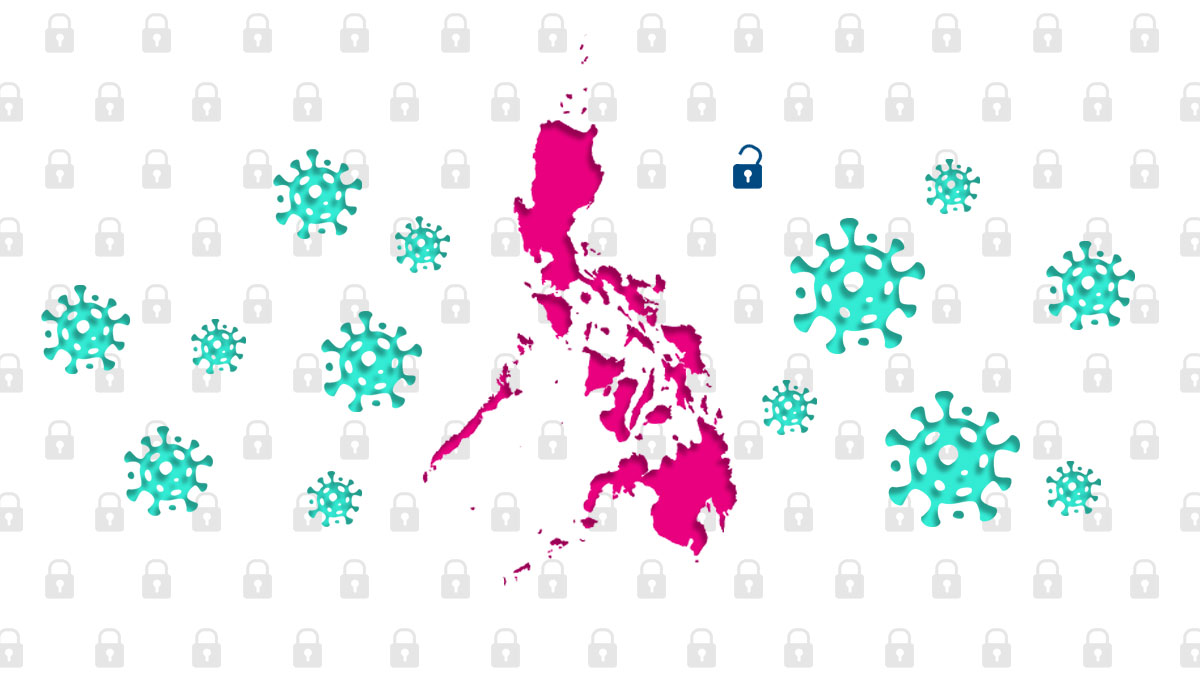Good Governance
Fear, Freedoms, and the Right to Information During a Pandemia

As the world was alerted with a new strain of the coronavirus, it was expected that people would react with fear. The culprit is, after all, unseen, fatal, and does not discriminate who to infect. In times of uncertainties, we rely on a strong government to assure us that everything is in control. But the pandemic is not a strong argument for authoritarianism, rather a case for greater exercise of rights and freedom, particularly the right to information.
It was in the city of Wuhan in Hubei Province, China where the outbreak of the novel coronavirus began in December 2019. China’s decisiveness to impose a brutal lockdown in the region, coupled with layers of surveillance, has even made the World Health Organisation brand it as ‘a new standard for outbreak response.’
But despite acclaims of how China managed the virus, it was also restrictions in the flow of information that was said to have greatly impacted the spread of the now called 2019 coronavirus disease (Covid-19).
Information on the spreading virus was dismissed as rumours by the Chinese government. Citizens, journalists, and doctors were harassed or detained for posting or reporting about the virus. And perhaps the most fatal of all was when the Chinese authorities repeatedly downplayed the possibility of human-to-human transmission.
To date, around 1.8 million cases have already been reported, with a global death toll surpassing the 100,000 mark in about 185 countries and territories.
Fundamental to addressing pandemics is timely, relevant, and truthful information. General Comment no. 14 of the Committee on Economic, Social, and Cultural Rights stressed that ‘accessibility’ as an essential element of the right to health ‘includes the right to seek, receive, and impart information and ideas concerning health issues.’ Information helps people to make better sense of the situation, which, in turn, allows for better decisions to be made on protecting oneself and the community.
There is also another value of allowing freedom of information during a pandemic—public trust.
Reflecting on the 1918 influenza epidemic, historian John M Barry writes that the greatest fault of the US government is that they lied about everything to prioritise the war. This situation created greater fear and, worse, even distrust in one another leaving others helpless and isolated.
Under an authoritarian regime, force makes it easier for governments to order compliance to public policies. While seemingly efficient, handling pandemics equally require collaboration and transparency—values that can be fully maximised under democracies.
Crucial to the enrichment of human rights is participation. The healthy exchange of discourse, especially in contexts of social crises, fosters collective accountability for the problem. More than imposition of directives, it is in making the people understand the hows and whys of policies that we increase ownership and involvement in addressing a health emergency. This then allows people to use individual agency in doing simple, yet crucial steps, in mitigating the spread of the virus, such as the discipline of keeping hands clean, practicing physical distancing, and self-isolation when necessary.
At the same time, access to information—driven by the demand for transparency—allows for a higher level of accountability, especially from the government who has the primary obligation to respect and protect the rights of all. It makes it easier for the people to demand better services, which goes for both interventions that directly respond to managing the disease, as well as social services meant to protect the welfare of the most vulnerable and marginalised from the effects of lockdowns, quarantines, and other restrictions.
The call for accountability could also mean demanding action from the government for any possible human rights violations resulting from stricter measures. In this context, citizens must be vigilant against repressive policies under the guise of health measures meant to protect the people.
As stressed by the UN Commission on Human Rights in 1984, declarations of public emergencies shall made in good faith. Restrictions on specific rights are justified for as long as they are legal, necessary, and proportionate. In this case, laws and policies against the proliferation of disinformation may prove itself to be useful in crisis situations, but should never be used quell dissent and dismantle the precepts of democracy. If left unchecked, we run the risk of having policies that may hurt our freedoms even beyond the health crisis.
But we must also be conscious on how we speak about the pandemic. Albeit being a health issue, language surrounding it involves ‘fighting’ and ‘waging a war’ against the virus. The use of war language may be indicative of the government’s need to project a strong leadership, but may also be used to justify a draconian rule, where loss of lives is framed as mere collateral damage for the greater good.
In the end, let us be reminded of the important place of human rights in our actions, especially when we start picking ourselves up from this crisis. Governments work best—attentive and responsive—when citizens remain engaged. If people can truly be free to seek, receive, and impart information, then we will be able to shape a better society, where the ‘new normal’ builds on the principles of transparency, accountability, and better participation, thereby leaving no one behind because we have allowed every voice to be heard.